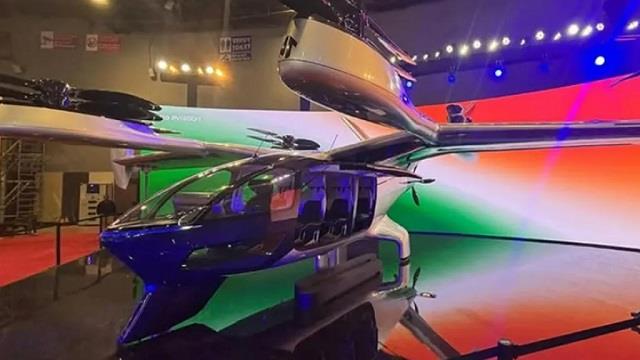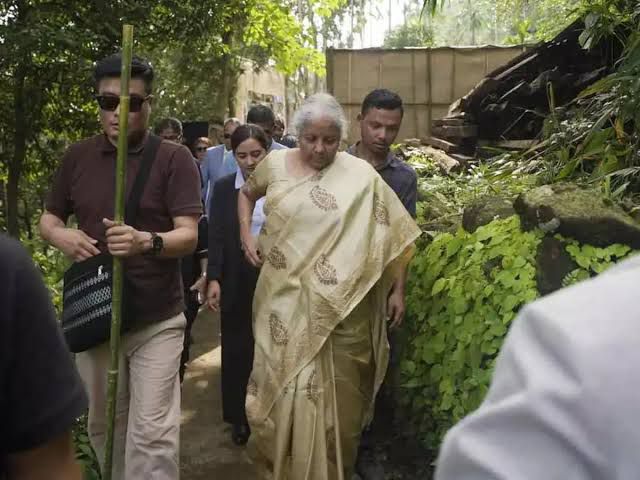
Follow WOWNEWS 24x7 on:
Updated: July 12, 2025 23:02

India’s Urban Skies Poised for a Revolution
The dream of flying taxis zipping over city traffic is inching closer to reality in India. With global and homegrown players racing to launch electric vertical take-off and landing (eVTOL) vehicles, the country is preparing for a new era in urban mobility. But is India truly ready for takeoff by 2027?
Key Highlights
The Indian government has announced that air taxi trials will begin in major metros like Delhi, Mumbai, and Pune by 2026, with commercial launches targeted for 2027.
Multiple companies, including the ePlane Company (IIT Madras), Sarla Aviation, and international players like SkyDrive (Japan) and Aska Fly (USA), are developing prototypes and forging partnerships for Indian operations.
Regulatory frameworks, safety standards, and vertiport infrastructure are being developed by the Directorate General of Civil Aviation (DGCA) to support the integration of flying taxis into urban transport.
Who’s Leading the Charge?
The ePlane Company is building electric air taxis with a 200 km range, aiming for commercial operations by late 2026 or early 2027. Their eVTOLs promise to cut city travel times dramatically, with fares projected at just 1.5 times that of regular taxis.
Sarla Aviation unveiled India’s first flying taxi prototype, Shunya, at the Bharat Mobility Global Expo 2025, and is collaborating with Sona SPEED for advanced manufacturing.
SkyDrive and Suzuki plan to launch low-cost air mobility services in India by 2027, targeting fares comparable to regular taxi rides.
InterGlobe Enterprises (IndiGo’s parent) has partnered with Archer Aviation to deploy 200 electric air taxis, with infrastructure development underway.
What’s Fueling the Momentum?
India’s urban congestion and pollution are driving demand for innovative mobility solutions.
Government support includes new policies, incentives for domestic manufacturing, and plans for 50 new airports and vertiports in the next five years.
The global eVTOL market is booming, with India seen as a key growth destination due to its large urban population and tech-savvy consumers.
Challenges on the Horizon
High costs: Initial flying taxi prices may be steep, with vehicles like the Aska A5 expected to cost around Rs 6.7 crore.
Regulatory hurdles: Certification, airspace management, and safety protocols are still evolving.
Infrastructure: Building vertiports and integrating air taxis with existing transport networks will require significant investment and coordination.
The Road (and Sky) Ahead
If current momentum continues, India could see its first commercial flying taxis in the skies by 2027, starting with select metro corridors. Early adopters may pay a premium, but as technology matures and scales, flying taxis could become a mainstream urban mobility option, transforming how Indians commute.
Sources: DriveSpark, Moneycontrol, Zag Daily, Economic Times, Asia Nikkei, Urban Air Mobility News, Aviation Today, Sarkaritel, World Economic Forum, LinkedIn, Defence.in




